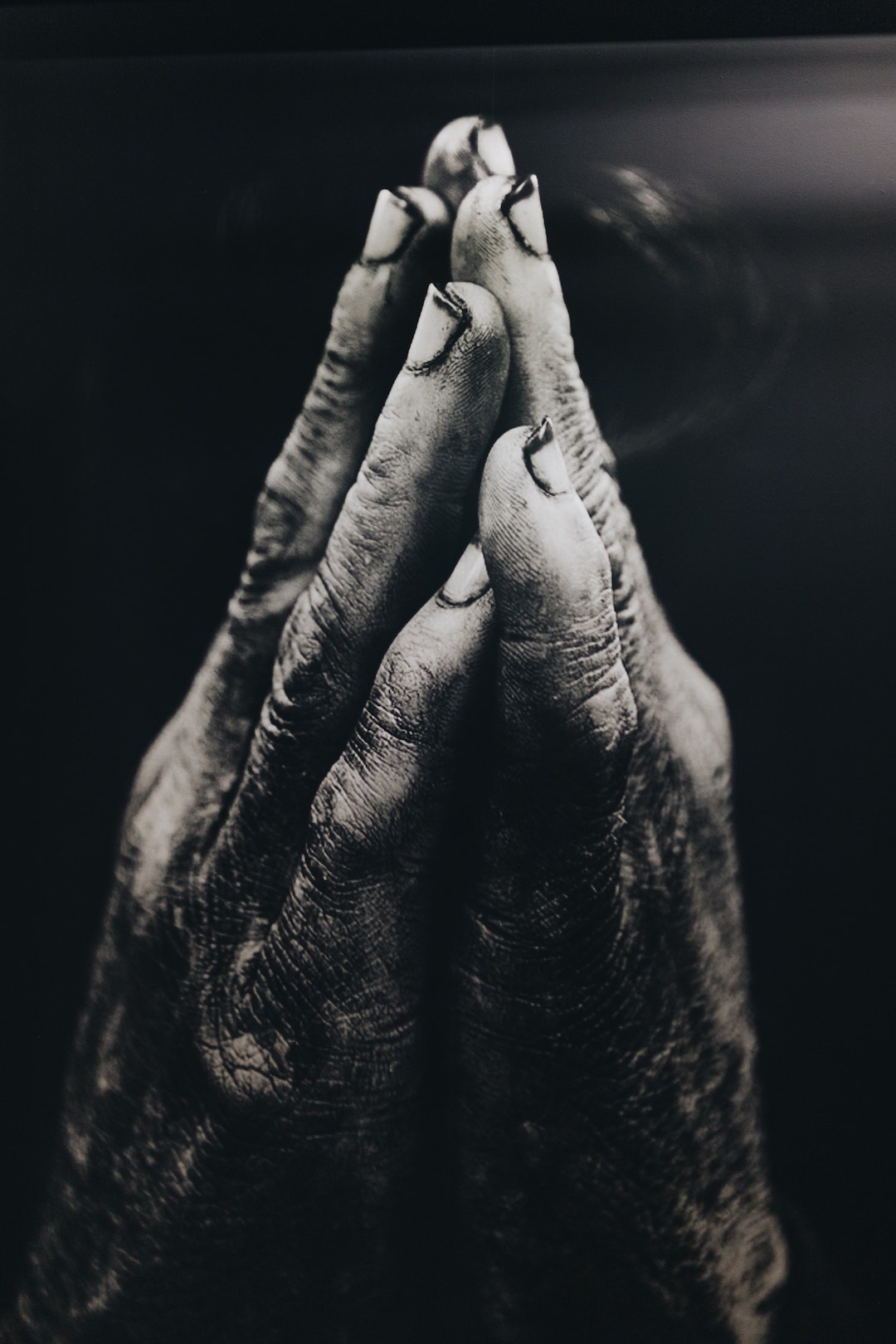Earlier this week I asked “If you could change one thing about American Christianity, one specific thing, what would it be?”
The responses were fantastic.
And here’s mine (and it is specific, but it would mean changing many other things).
Embodied Faith
American Christianity—and really I’m talking about “white” American Christianity (of the right and the left)—needs to recover an embodied faith (see my podcast on these topics), moving beyond the auto-immune disease of fundamentalism.
Only then will it overcome its legacy of abuses, racism, and faithlessness.
And by “embodied” I mean more than just taking the body seriously. I also mean taking “integration” seriously.
Overly Intellectual
A disembodied faith seeks certainty where there is little to be found, demands conformity of ideas to the neglect of concrete practices, and believes spiritual formation is a matter of better information.
An embodied faith integrates the cognitive and the affective, integrates the contemplative and active, the mystical and the mundane, as avenues of spiritual formation.
While taking doctrine seriously (which generally distinguishes this view from a more progressive view), an embodied faith knows that faith is lived in the world God has made, not the world of ideas in our heads.
Trauma and Abuse
The disembodied theology and practice has neglected the emotional and affective side of life, opening wide the door to trauma, abuse, and neglect (see especially racism and the dysfunctional sexual ethic below).
An embodied faith understands and integrates the full expression of humanity, understands and integrates a trauma-informed perspective of community, and cultivates self-compassion (love of self) and other-empathy (love of others) through radical attachment to God (love of God).
Dysfunctional Sexual Ethic
The disembodied faith of modernity, especially on the right, has caused a purity culture that is body denying, offers little formation, and near impossible expectations before and during marriage.
An embodied faith takes the body seriously as made in God’s image, made God and for a good purpose. It guides and shapes sex and sexuality toward and within God’s purposes.
An embodied faith will also question whether the sexual ethic on the left is actually body denying in its own way, rather than integrating the human body within God’s purposes for creation (a conviction which also distinguishes this view from a more progressive approach).
Unacknowledged Racism
A disembodied faith, like the dysfunctional sexual ethics, has allowed racism to flourish by giving the body (of others) over to politics, economics, and science (for racism developed as a scientific theory about human nature(s) to give cover to economic exploitation).
An embodied faith will reclaim, witness to, and declare the dignity of all bodies made in God’s image. And it will resist all attempts at degrading, distorting, or disenfranchising the bodies of others for social, political, or economic purposes.
Power Politics
A disembodied faith promoted discrete individuals as means for exercising political power, leading toward the corrupting influences of individualism and consumerism. This has led to the separation of political goal and the character or virtue of those who pursue them, ending in the destruction of a credible witness to the gospel of Jesus.
An embodied faith will reclaim the necessity of community, and the communal witness to the gospel, as fundamental for following Jesus. Local, face to face, communities of those committed to the peace of Jesus, are non-negotiable for God’s kingdom come on earth.
Of course… more could be said for each point, and other points could be added—but this is what’s brewing of the top of my head and pouring forth from my heart.
——I spend much more time on these points in m my Deconstructing Fundamentalism without Destroying Faith ecourse——

